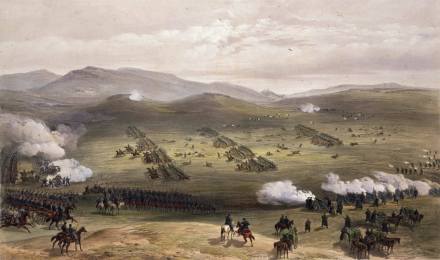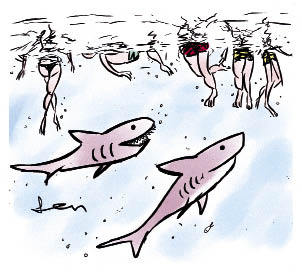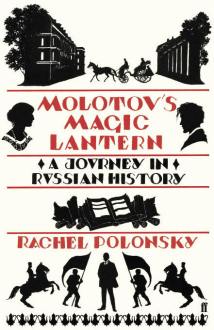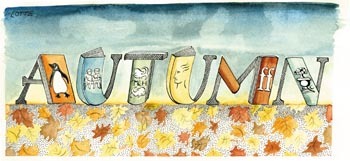Is Nato finished?
After Muammar Gaddafi and his ghastly children fled Tripoli, Libyans desecrated his statues and stamped on his posters. As it turned out, the Libyans really did hate Gaddafi enough to rise up, arm themselves and overthrow him. Gaddafi’s own elite units mostly melted away when the rebels advanced into Tripoli, and even the dictator’s tatty









